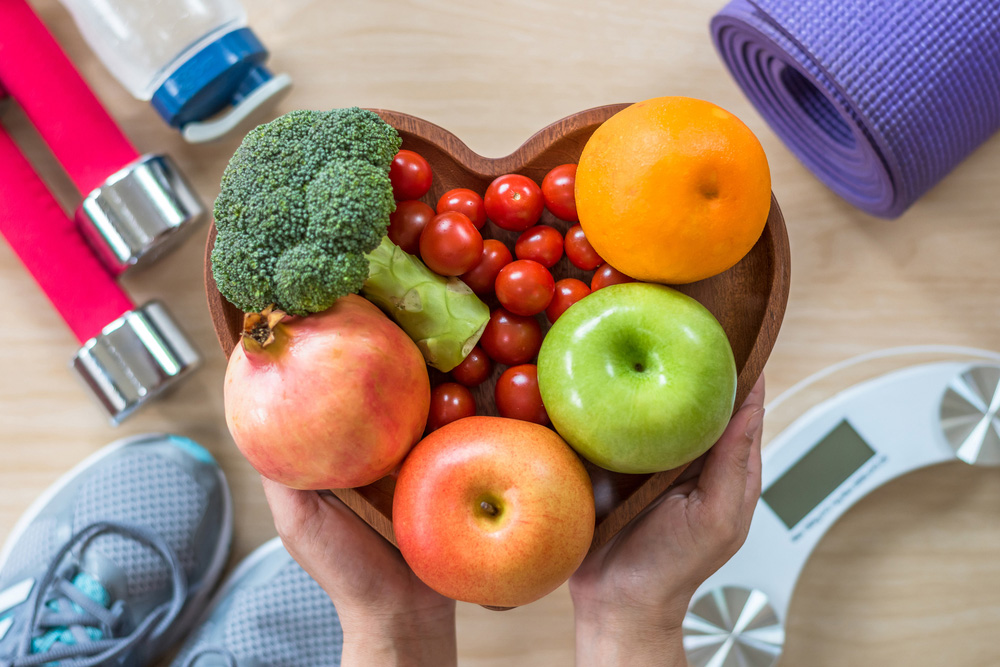
In spite of what fairytales depict, happiness does not appear magically, it is something that only YOU can cultivate. Pursuing it is a choice that can be accomplished by thwarting negative emotions such as pessimism, resentment and anger and fostering positive emotions, such as empathy, serenity and gratitude.
Cheerful people are those who seem to intuitively know their happiness is the sum of their life choices, thoughts and actions. It's not as easy as flipping a switch, but you can multiply your contentment level by ten times if you want. Start by following these tips and strategies to create a happier you!
Choose to make happiness a top goal
Choose to take advantage of every single opportunity to learn how to be happy. Choose to be in environments and around people that increase your chances of joy. Choose to eat, do and think of only what makes you happy. We may each be born with a happiness "set point", but we're not stuck there. Once you've decided to be more contented, you can choose strategies for achieving happiness.
Get more sleep

Experiments show people who are sleep-deprived find it hard to recall pleasant memories, yet recall gloomy ones perfectly. Not to mention that how well and how long you sleep will affect how you feel when you wake up, which can make a difference to your whole day. Studies suggest sleeping seven to nine hours a day will make you less sensitive to negative emotions, and will help your body recover from the day and repair itself.
Build your self-esteem
Choose to have a high self-esteem. Lots of things such as break-ups, career rejections or a change in body image can cause our self-esteem to drop down to zero. If your self-esteem is low, learn how to improve it. Treat yourself like the worthy human being you are; treat yourself as you would treat a valued friend. Would you bluntly accuse your friends of being stupid for not getting the job they wanted? Probably not, so always remind yourself you will do better next time.
Have a healthy lifestyle

A fit way of life includes exercising and choosing a well-balanced diet. Exercise has such a profound effect on our happiness and wellbeing that it –by itself- can be an effective strategy for overcoming depression. A daily 10- minute workout routine releases chemicals in your brain that lift your mood, help you relax, increase your brainpower and improve your body image. Choose an exercise that you enjoy. If it helps, do it with a friend, or while listening to music. Making healthy choices about your diet can also enable your brain and body to work efficiently while making you feel emotionally stronger. Aim to have a balanced diet that includes the main food groups: fruits, vegetables, grains, protein food and dairy. Some foods can even boost your mood instantly, these include: fish, cherry tomatoes, watermelon, beets and yogurt.
Nourish an attitude of gratitude
Gratitude may be as important to your health as nutrition. It's a proven scientific fact that people, who are described as "thankful" tend to develop a stronger immune system, become less stressed, more content, optimistic and satisfied with their lives. Perform a daily gratitude exercise by listing a few things that makes you grateful. Don't limit your thoughts to your journal; express your appreciation to significant individuals in your life. It is human nature to tend to notice mostly what is wrong or what we lack, but if we give ourselves the chance to notice all of life's blessings, we can increase our sense of wellbeing and create hope and optimism for the future.
Meditate your brain towards happiness

Meditation is proven to have the ability to make you happier in the long run. It clears your mind, improves focus, and research suggests that regular meditation, can permanently rewire the brain to increase levels of glee. Start with a simple breathing meditation. Choose a quiet place to meditate and sit in a comfortable position, keep your back straight, your eyes partially closed and turn your attention to breathing. Try to become aware of the sensation of your breath as it enters and leaves the nostrils. This sensation is your object of meditation. If you practise patiently in this way, your distracting thoughts will gradually subside and you will experience a sense of inner peace and relaxation.
Immerse yourself in meaningful activities
A happy life may not necessarily be a meaningful one? True! Although common activities, like shopping, smoking, or watching TV can provide a sense of pleasure, it is most definitely short-termed. Meaningful activities- those that engage the person's attention and connect with their interests- are critical for those in pursuit of happiness. Learn to transform your job into a significant activity that makes you happy and spend more time helping others. In fact, one of the most counterintuitive pieces of advice I found is that to make yourself feel happier, you should help others. Two hours per week helping other people is enough to boost your happiness far more than any other activity. Buy strangers food, pay for someone else’s toll, leave a gift on someone’s windshield, even the simplest compliment will do.
Spend more time outdoors

Spending time outdoors on a nice day also delivers a huge advantage. Studies suggest spending 20 minutes outside in good weather has the ability to boost positive mood, broaden thinking and improve working memory. Fit it in your commute or lunch break. It is also found happiness is maximised at 13.9°C, so keep an eye on the weather forecast before heading outside for your 20 minutes of fresh air. You can also plan a weekend getaway or a trip, even if you don't actually take one. Simply planning a vacation or break from work can improve your joy as people enjoy this sense of anticipation. Then, whenever you need a boost of happiness, remind yourself about it!
Remember, money can't buy you happiness. But it can buy some!
Just as the Beatles sang, most people understand that money can't buy you happiness or love. Many of life's greatest pleasures cost very little money and can even be free! Socialising, volunteering, spending time in nature, work / hobbies that are meaningful and listening to music are some of the many activities that people say bring them the greatest joy.
Additionally, here are some examples of experiences that are worth spending money on, as they have the ability to improve your quality of life:
- Experiences that help us grow and develop as individuals, such as education, lessons and entrepreneurial pursuits
- Donations to charities
- Gifts for others, rather than for ourselves
Spend more time with family and friends

A survey of 5,000 people found that doubling your group of friends has the same effect on your wellbeing as a 50 percent increase in income! While being socially inactive can develop a number of health consequences, such as depression, decreased immune function and higher blood pressure. Friends and family help you celebrate life's successes and support you in difficult times. Although it's easy to take them for granted, these relationships need nurturing. Be kind with your words and actions and be careful and gracious with your critique. Let the people in your life know that you appreciate them and what they do for you and always remind them you’re glad they're in your life.
So it turns out that happiness can be a matter of choice, not just luck. Happier people are healthier, more energetic and report fewer maladies such as headaches, stomachaches, nausea and even acne. Don’t start with profundities, start with the little things, such as sleeping more, eating healthier and getting yourself a meaningful hobby. Happiness is not a one step process, it's the alteration of a lifestyle, and it’s trimming the fat and removing what's bringing negativity in your life. It's not easy, but once the process begins, you will ask yourself why you didn’t start sooner.

















